
Dr. Martens champions sustainable fashion
Genix Nappa, a new material made of leather offcuts, aims to reduce waste
Whatever your industry, a diverse and representative workforce is the best way to ensure that the products you create or the services you provide best represent the audience you are talking to.

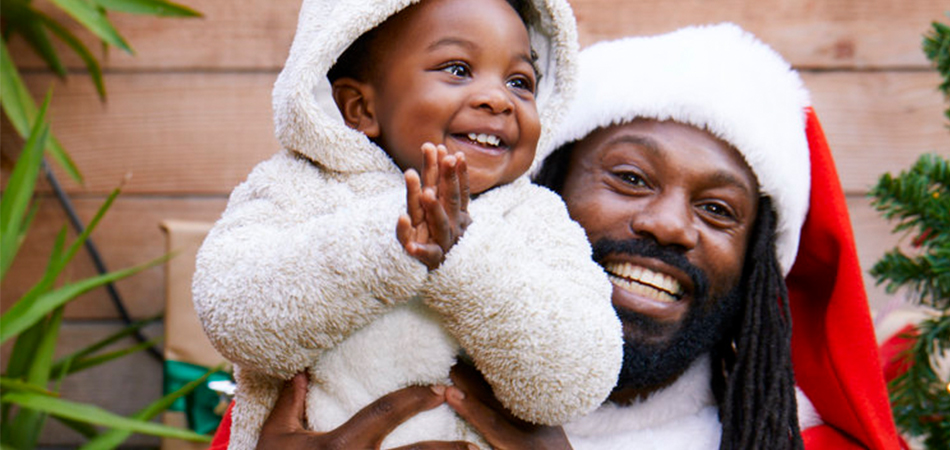
When an artist has released a song called Don’t Touch My Hair, you’d think it would be crazy to airbrush out the braids that so proudly represent her art and heritage. Yet this happened to Solange Knowles when she appeared on the cover of The London Evening Standard magazine in October. And, less than a month later, the Oscar-winning actor Lupita Nyong’o accused Grazia magazine of editing her hair on the cover of its latest edition to “fit a more Eurocentric notion of what beautiful hair looks like.”
Although both of these publications apologised profusely, it makes you wonder how such a seemingly obvious cultural mistake could have made it to print? And we’re led to question whose eyes the images passed beneath before they were signed off?
Whatever your industry, a diverse and representative workforce is the best way to ensure that the products you create or the services you provide best represent the audience you are talking to. What we see around us, particularly in the media, has a direct reflection on our perceptions of society. It reframes our concepts of race, gender, LGBTQ, disability, and religion. It makes us feel as though we belong.
The internet has been around for 25 years, and, in that time, we’ve been taking and uploading pictures of, predominantly white, families. This systemic racism is made clear when you do pretty much any image search. Initiatives such as #SOWHITEPROJECT are helping to normalise diverse imagery through real life photography. Speaking at BITE LIVE, Co-Founder of the Project Nadya Powell said “the questions we got along the way were hysterical, “how can you have a black Santa?” Well he’s mythical.” Nadya is working alongside Selma Nicholls, CEO of Looks Like Me, a talent agency that raises the profile of underrepresented groups in advertising. Together, they are redefining our concept of beauty.
“These images that we are surrounding ourselves with everyday are telling us if we have permission to think about a different world,” said Jude Kelly CBE, Artistic Director of the Southbank, also speaking at BITE LIVE. “You’ve got more power in your hands than you realise and I hope you’ll use it for the good of humanity. Because on your death bed you won’t be saying ‘shit I wish I’d taken more photographs of my food’.”
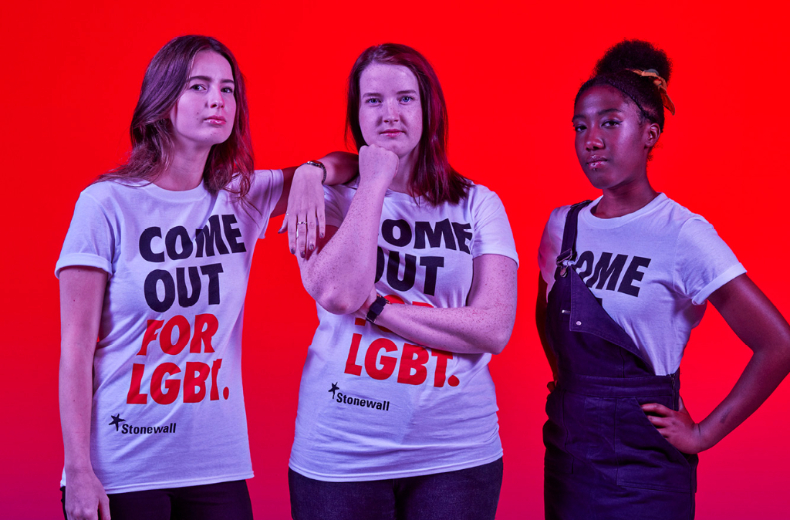
Whilst we might have a degree of legal equality, we certainly don’t have social equality. This was the motivation behind Stonewall’s first campaign in 10 years, Come Out For LGBT, which set out to change people’s hearts and minds by turning passive allies into action.
Stonewall is an diverse organisation made up of passionate and committed people, and it was the role of their agency Mr President to encourage employees to step outside their comfort zone, outside of the LGBT community and to speak to those allies in wider communities.
When researching for the campaign, they visited marginalised communities to understand what would motivate them to do something for the cause. It was also important to use language that’s immediately relatable, as it helps the audience to better understand the problem.
The launch received numerous supportive tweets, including those from Man United and Arsenal. But it was the unignorably unkind comments below those particular sympathetic pieces of social that exposed why a campaign such as this is needed. In this case, both clubs reacted brilliantly and the positive reaction far outweighed any negative sentiment.
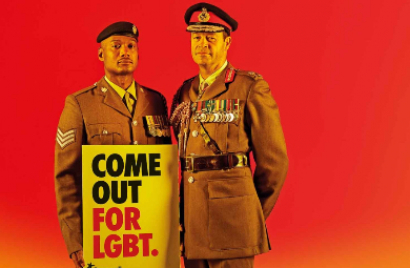
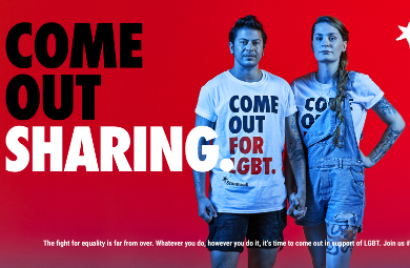
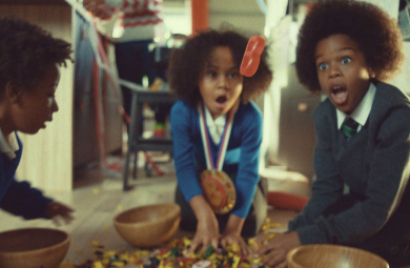
It’s important to IKEA that The Wonderful Everyday proposition speaks for them as a brand and to how they treat their employees and customers. Following the launch of their most recent campaign ‘Hooray!’ the Swedish furniture company received lots of complimentary commentary for their choice of casting. They also had a few less than nice comments, which only demonstrates why seeing diverse families in our advertising is so important. Kemi Anthony, Head of Content and Communication at the brand, whilst speaking at BITE LIVE said “I thought it was important to raise this again to remind us all here that we play a big part and we have a big responsibility and we need to work harder to make sure we are representing the people who live in the world around us. And if we’re not working hard enough hopefully you’ll go away thinking I do need to work harder to represent different groups in society.”
Forsman & Bodenfors research shows that people who spend a lot of time on their makeup can face some serious judgement, from parents and partners as well as from strangers on the street. But makeup is really a part of their identity, a hobby, a stress relief, an art form, and they should be respected for it. The stunning cast of Sleek’s latest campaign was recruited through the @sleekmakeup Instagram account, and the individuals were chosen from around 3000 applicants. With this campaign, Sleek MakeUP enters the US market.
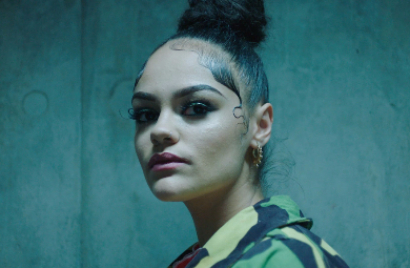
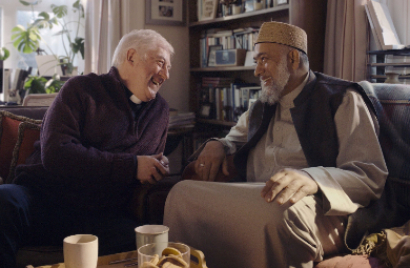
Last year Amazon unveiled an ad to push its Prime subscription service ahead of Black Friday and Christmas, with a message of friendship even in difference. Joint's creative shows two old friends, an imam and a vicar, sharing a cup of tea and discovering a mutual problem of dodgy knees. Each decides to get the other exactly the same present: a couple of knee supports that will allow both to continue praying as usual. Although filming was the first time the religious figures met, they’ve continued their friendship in the real world. They even took part in a live interview for Al Jazeera to discuss what it means to be friends with someone who has a different faith.
Looks like you need to create a Creativebrief account to perform this action.
Create account Sign inLooks like you need to create a Creativebrief account to perform this action.
Create account Sign in